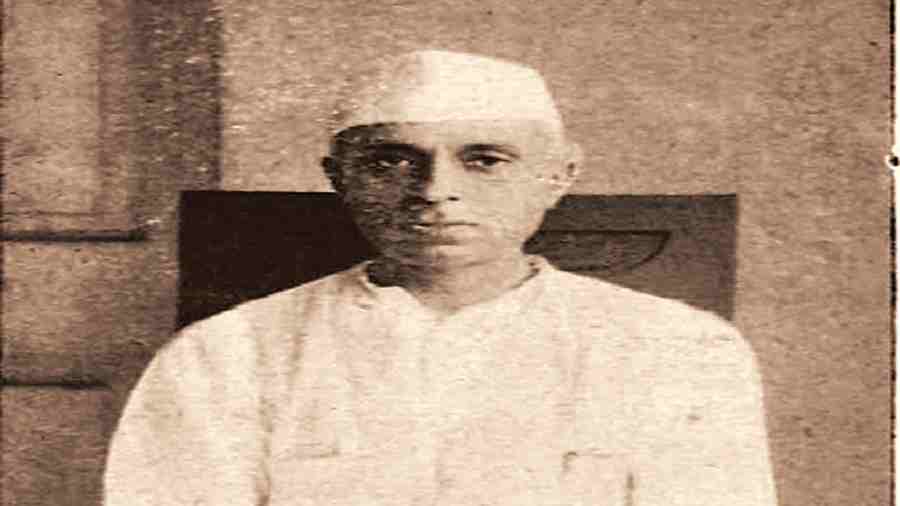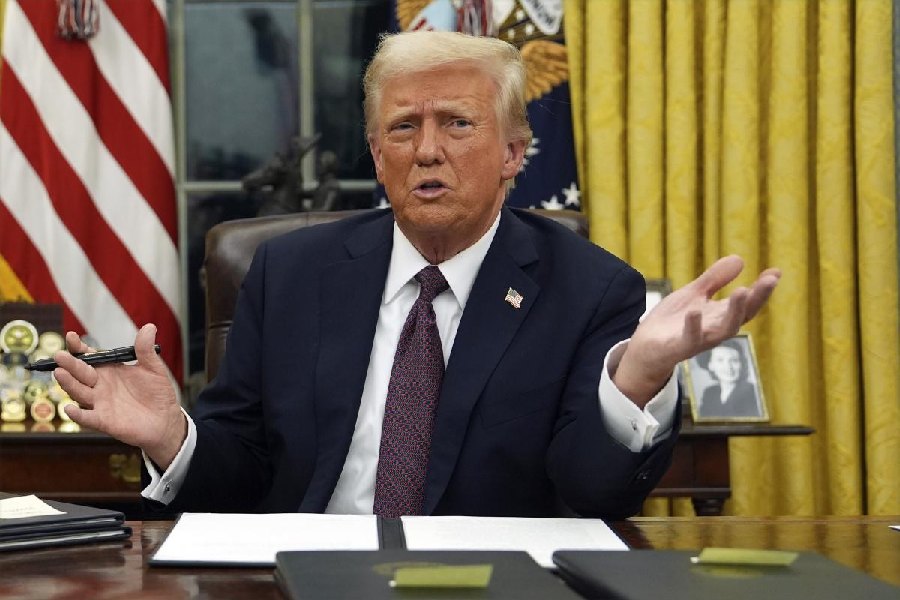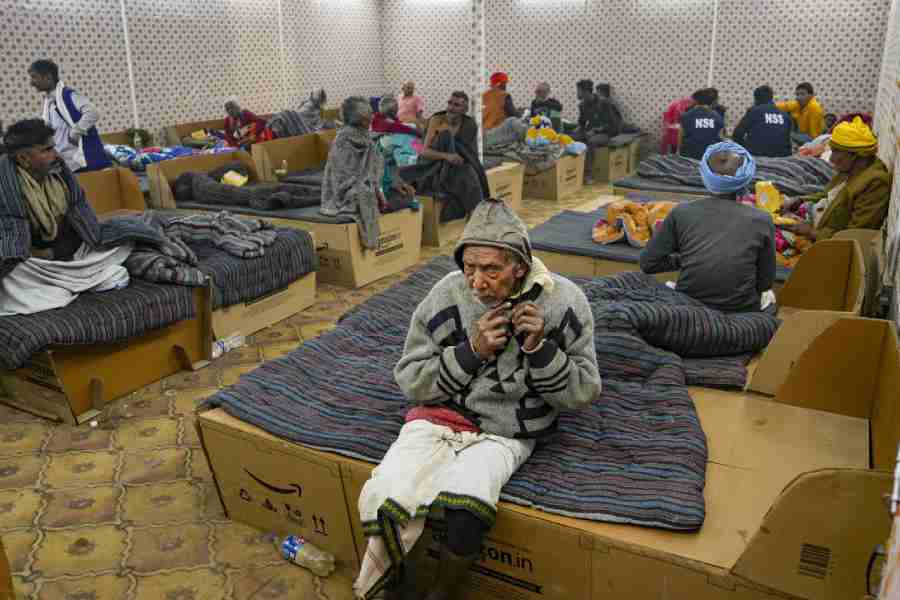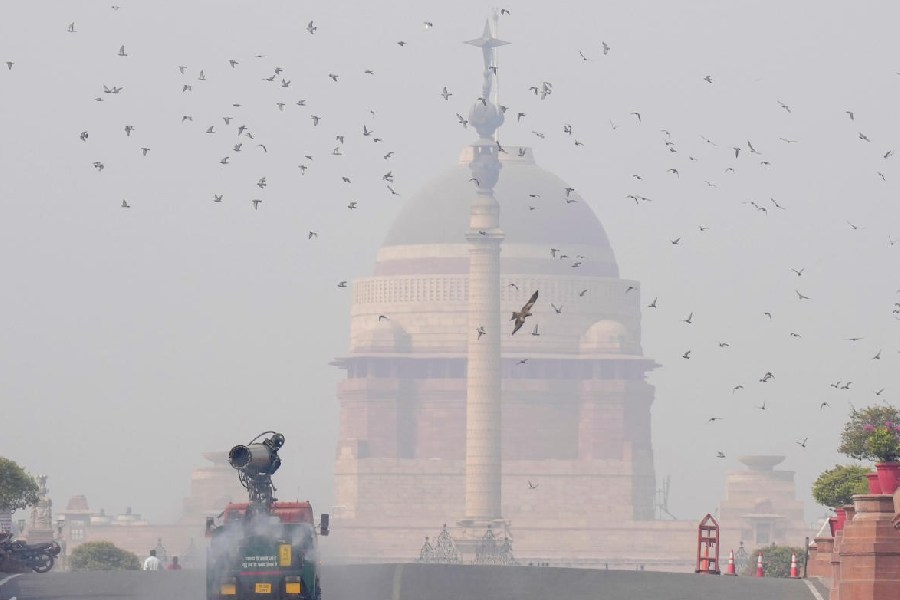The Chinese president, Xi Jingping, has given a call to promote Asian unity. He argued that the time has come for Asian nations to set aside their respective cultural, linguistic, economic and other differences and endorse pan-Asianism to put in place a global Asian security initiative. The clarion call given by the Chinese president notwithstanding, the notion of an assertive Asian identity is fraught with caveats about what constitutes Asianism.
Realists and naysayers argue that there is nothing called pan-Asianism because Asia is a diverse continent in terms of culture, ethnicity and economic strength. This makes the achievement of unity and solidarity difficult. Furthermore, India, China, Japan, South Korea, Vietnam and so on have strategic and geopolitical interests of their own. India and China are at loggerheads over border security; Japan has locked horns with China over economic issues as well as the history of Japanese atrocities in China; South Korea is on bad terms with China over the latter’s alleged support for the North Korean regime; there is bad blood between Vietnam and China over South China Sea.
Then there is the matter of religion. Rising religious extremism in West Asia, the triumph of the Taliban in Afghanistan, and the sponsorship of Islamist radicalism in Pakistan make the attainment of pan-Asian unity an arduous task.
But there are strong advocates of Asian unity. Jawaharlal Nehru, Lee Kuan Yew, among others, had prophesized that the 21st century will belong to Asia. After all, India and China constitute more than half of humanity. Other Asian countries — South Korea, Japan, Indonesia — are economic powerhouses. The advocates of Asian unity point out that unlike the West whose religious and cultural homogeneity was the cause of their unity, religious, linguistic and cultural differences and the diversity of Asian states are the defining features of Asianism. They cite the example of India, which is one of the most diverse nation states in the world and, yet, retains its unity. While anti-colonialism was the driving force behind Asian unity between 1950-1970, economic autarky and the primacy of Asian interests are the defining elements driving the Asian unity project in the 21st century.
The idea of Asian unity appears feasible in a globalized world given the fact that there is free movement of capital, finance, cultural ideas and people. The need of the hour is to set aside petty sectarian, religious and linguistic differences among Asian countries. The people of Asia must solemnly resolve to constitute themselves into an Asian entity characterized by shared yet different beliefs, customs and traditions.
In his book, World Order, Henry Kissinger argued that unity triumphs over petty differences. Building on that thought, Asian nations need to work with their people across borders, across countries, to promote continental unity. The shared motto must be to eradicate poverty and ignorance but, at the same time, not compromise with sovereignty and fully uphold international and the charter of the United Nations. There will be geopolitical and strategic challenges. But a united Asia must prioritize its identity.










